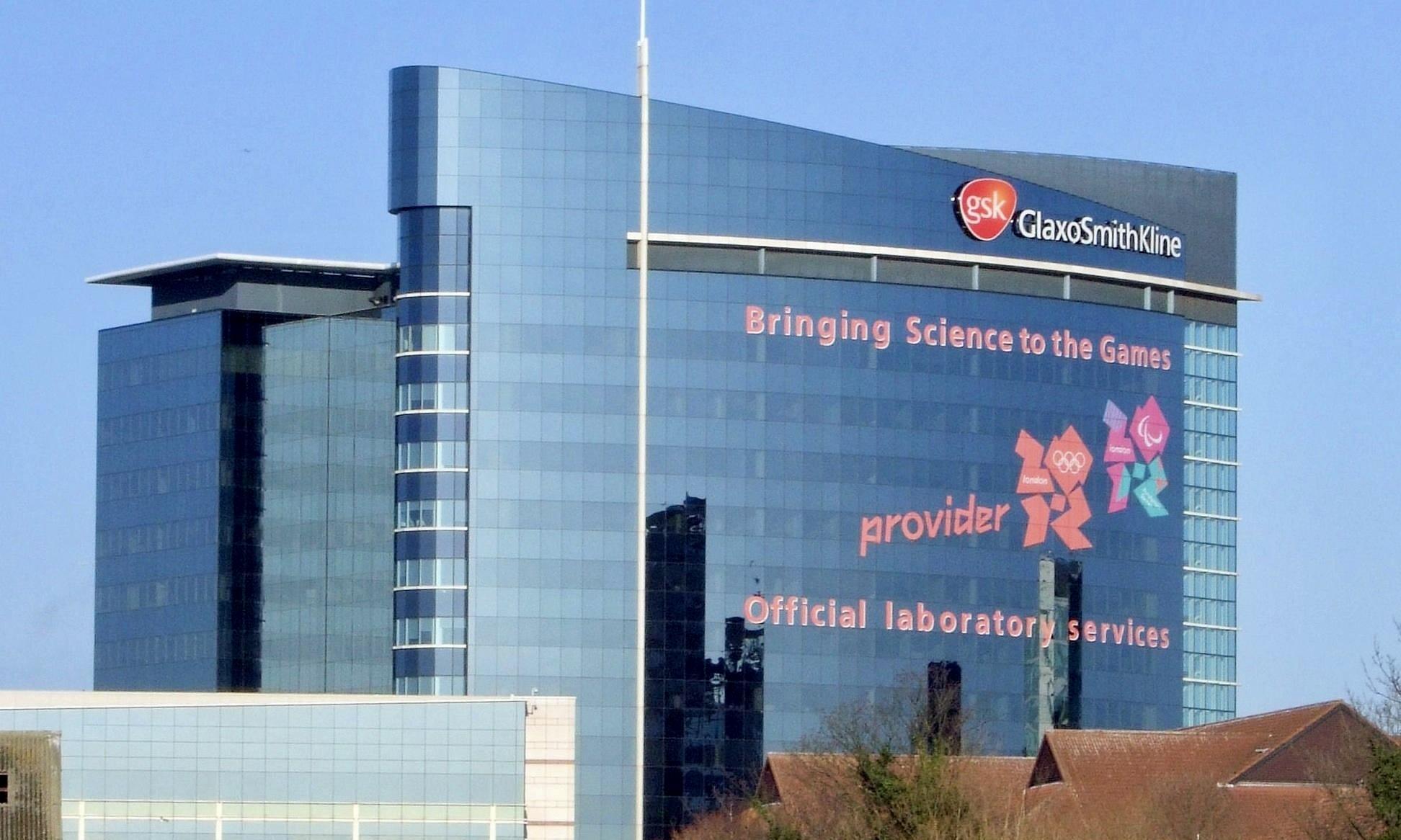GSK (LON:GSK) has raised its long-term revenue outlook, now expecting sales to exceed £40 billion by 2031, up from £38 billion. The revision reflects confidence in its expanding specialty medicines portfolio, late-stage pipeline, and upcoming product launches.
In 2024, GSK’s total revenue grew 7% at constant exchange rates to £31.4 billion, driven by a 19% surge in specialty medicine sales. Oncology revenue nearly doubled, while HIV and respiratory treatments posted double-digit gains. General medicines grew 6%, with Trelegy sales up 27%. However, vaccine revenue fell 4%, as Arexvy sales dropped 51%.
Despite strong growth, total operating profit declined 33% due to a £1.8 billion Zantac litigation settlement charge. Core operating profit rose 11%, and core earnings per share increased 10% to 159.3p, though total EPS fell 40% to 63.2p. GSK’s cash flow remained strong, generating £8 billion, reducing net debt to £13.1 billion from £15 billion.
Regionally, U.S. sales grew 6% to £16.4 billion, while European revenue rose 4% to £6.7 billion. International markets led growth, climbing 11% to £8.3 billion. The company continues expanding in specialty medicines, with rising demand for HIV and respiratory treatments and a growing oncology presence.
GSK has 71 specialty medicines and vaccines in development, with 19 in late-stage trials or regulatory review. Five major approvals are expected in 2025, including Blenrep for multiple myeloma and depemokimab for severe asthma. CEO Emma Walmsley emphasized prioritizing R&D in respiratory, oncology, and HIV treatments.
For 2025, GSK expects turnover growth of 3%-5%, with core operating profit and EPS rising 6%-8%. The company also announced a £2 billion share buyback over 18 months and an increased dividend of 64p per share.



 Alphabet’s Massive AI Spending Surge Signals Confidence in Google’s Growth Engine
Alphabet’s Massive AI Spending Surge Signals Confidence in Google’s Growth Engine  Ford and Geely Explore Strategic Manufacturing Partnership in Europe
Ford and Geely Explore Strategic Manufacturing Partnership in Europe  FDA Targets Hims & Hers Over $49 Weight-Loss Pill, Raising Legal and Safety Concerns
FDA Targets Hims & Hers Over $49 Weight-Loss Pill, Raising Legal and Safety Concerns  Nvidia, ByteDance, and the U.S.-China AI Chip Standoff Over H200 Exports
Nvidia, ByteDance, and the U.S.-China AI Chip Standoff Over H200 Exports  Instagram Outage Disrupts Thousands of U.S. Users
Instagram Outage Disrupts Thousands of U.S. Users  Global PC Makers Eye Chinese Memory Chip Suppliers Amid Ongoing Supply Crunch
Global PC Makers Eye Chinese Memory Chip Suppliers Amid Ongoing Supply Crunch  OpenAI Expands Enterprise AI Strategy With Major Hiring Push Ahead of New Business Offering
OpenAI Expands Enterprise AI Strategy With Major Hiring Push Ahead of New Business Offering  Uber Ordered to Pay $8.5 Million in Bellwether Sexual Assault Lawsuit
Uber Ordered to Pay $8.5 Million in Bellwether Sexual Assault Lawsuit  Amazon Stock Rebounds After Earnings as $200B Capex Plan Sparks AI Spending Debate
Amazon Stock Rebounds After Earnings as $200B Capex Plan Sparks AI Spending Debate  CK Hutchison Launches Arbitration After Panama Court Revokes Canal Port Licences
CK Hutchison Launches Arbitration After Panama Court Revokes Canal Port Licences  TrumpRx Website Launches to Offer Discounted Prescription Drugs for Cash-Paying Americans
TrumpRx Website Launches to Offer Discounted Prescription Drugs for Cash-Paying Americans  American Airlines CEO to Meet Pilots Union Amid Storm Response and Financial Concerns
American Airlines CEO to Meet Pilots Union Amid Storm Response and Financial Concerns  Tencent Shares Slide After WeChat Restricts YuanBao AI Promotional Links
Tencent Shares Slide After WeChat Restricts YuanBao AI Promotional Links  Baidu Approves $5 Billion Share Buyback and Plans First-Ever Dividend in 2026
Baidu Approves $5 Billion Share Buyback and Plans First-Ever Dividend in 2026  Weight-Loss Drug Ads Take Over the Super Bowl as Pharma Embraces Direct-to-Consumer Marketing
Weight-Loss Drug Ads Take Over the Super Bowl as Pharma Embraces Direct-to-Consumer Marketing  SoftBank Shares Slide After Arm Earnings Miss Fuels Tech Stock Sell-Off
SoftBank Shares Slide After Arm Earnings Miss Fuels Tech Stock Sell-Off  Nvidia CEO Jensen Huang Says AI Investment Boom Is Just Beginning as NVDA Shares Surge
Nvidia CEO Jensen Huang Says AI Investment Boom Is Just Beginning as NVDA Shares Surge 































